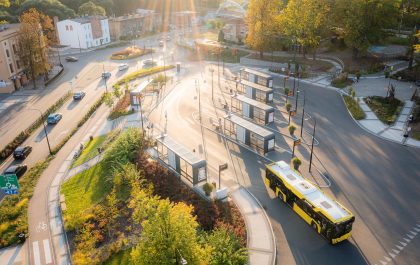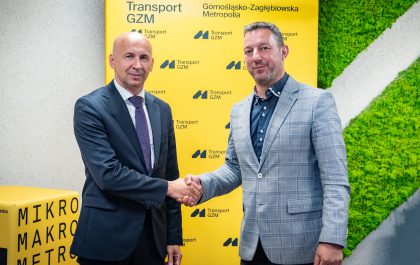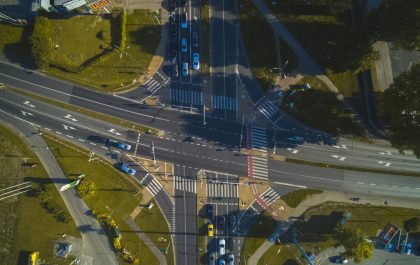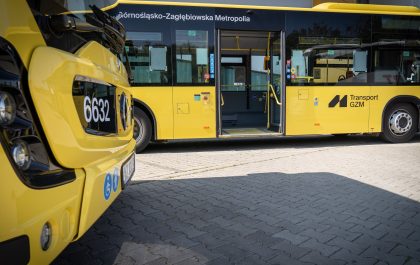
Sustainable mobility
We have created the “Mobile Metropolis” team which, together with experts in the fields of urban planning, transport, economics and sociology, is looking for innovative solutions leading to a reduction in the share of individual car transport and increasing the energy efficiency of daily travel. To this end, we are working on a new sustainable mobility plan. Furthermore, we are participating in discussions on electric vehicles and hydrogen powered transport.
Mobility, understood as something more than just transport from A to B, is mainly defined by our lifestyle – the lifestyle of conscious inhabitants of modern cities. One of the elements of sustainable development in modern cities is the mobility of its inhabitants – also sustainable. Mobility understood broadly – both in the context of ways of moving in space (i.e. taking into account the use of various means of communication) and in the context of ways and styles of life in general – including the ways of satisfying and securing social needs and services, work style, ways of spending free time.
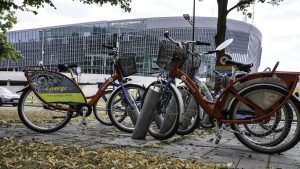
Thus, sustainable mobility and sustainable thinking about mobility should cover not only spheres directly related to communication, transport and mobility in the strict sense, but also spheres of social life, such as the use of services and goods, lifestyles of specific communities, ways of spending free time, as well as environmental and geographical aspects, such as ways of using the space.
Sustainable urban mobility plan
The process of developing a new Sustainable Urban Mobility Plan (SUMP) is based on dialogue with the citizens and those responsible for mobility in municipalities. In order to increase the transparency of the process as well as the possibility of verifying the actions taken, we have established the Council for Modern Mobility, consisting of: representatives of municipalities, scientists, service providers as well as representatives of non-governmental organizations.
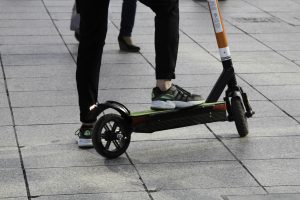
One of the tools to achieve the goals set in the process of creating the Sustainable Mobility Plan will be various types of pilots of innovative services and the development of the concept of Mobility as a Service, which is an organizational and tariff integrator of very different means of shared mobility (from traditional public transport through city bicycles to cars per minute, electric scooters and mopeds).
Mobility is also the technologies
We promote all "green" solutions that have a good impact on the environment and do not pollute the air. In this context, ecological transport is particularly important to us.
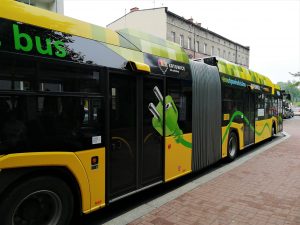
With regard to the infrastructure for electric vehicles, we see ourselves as the coordinator in the process of building electrical installations in densely populated areas. It is important for us to optimally plan the charging infrastructure in the areas of cities and communes. The increase in the percentage of electric cars in transport may contribute to the reduction of pollutant emissions. The creation of an appropriate vehicle charging infrastructure will also translate into a greater interest of individual users in electric cars. We are also convinced that the charging infrastructure will be used not only by private users, but also companies developing fleets of electric vehicles, taxi companies or local governments, obliged to do so by the Electromobility Act.
Looking into the future
At the same time, we are constantly discussing the possibilities of using hydrogen as the fuel of the future. We can see many advantages of hydrogen cell buses – they can have a range like a conventional fuel vehicle, but they do not require such an extensive charging infrastructure as traditional battery buses. This technology is dynamically developing, and soon also local governments will be interested in vehicles with this type of power supply. To this end, we have signed a letter of intent with PKN Orlen, under which we will be closely collaborating for the development of zero-emission public transport fuelled by hydrogen.
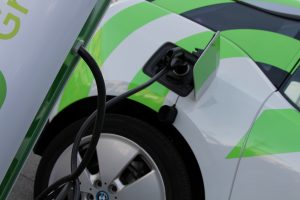
Our role is to provide residents with a range of communication options that will be tailored to the needs of the moment and their personal preferences. We also remember that innovations are not only technological solutions, but also new business models and organizational solutions that will be possible to implement in our cities and communes.



